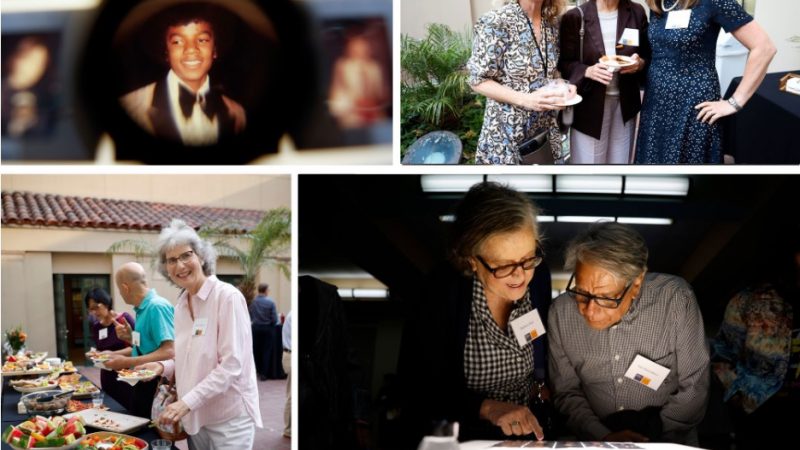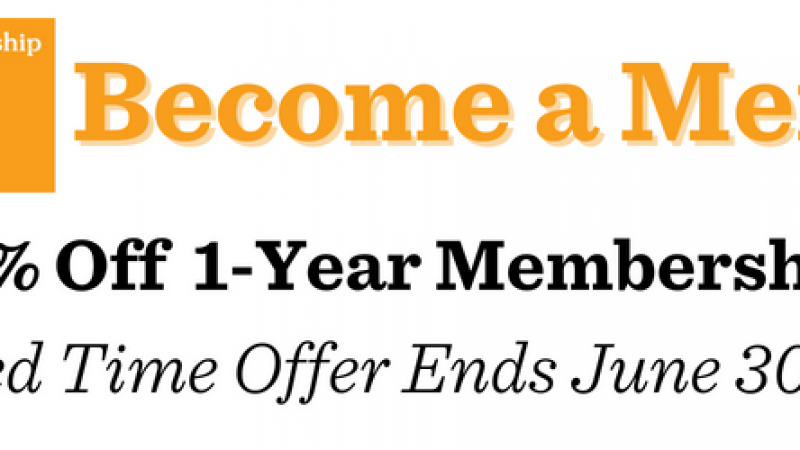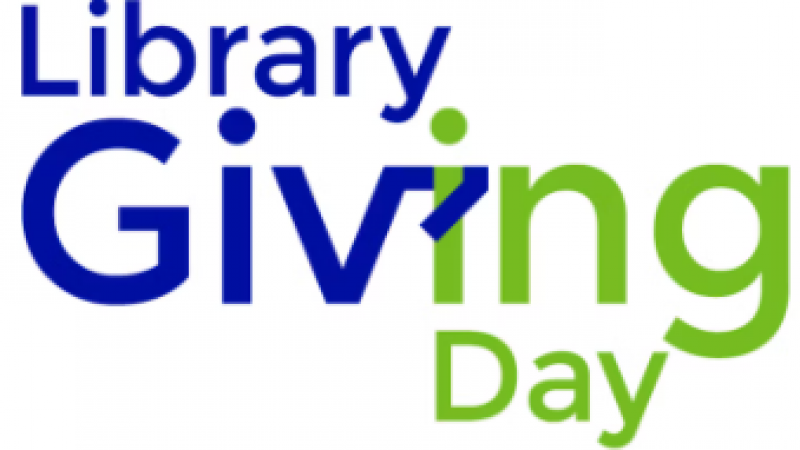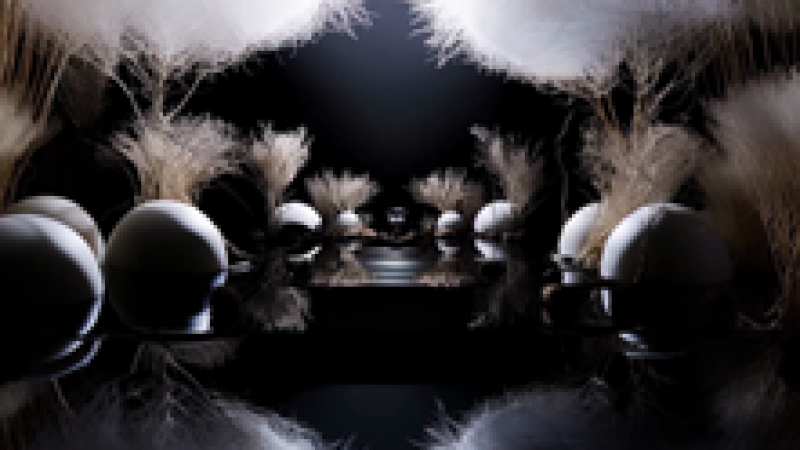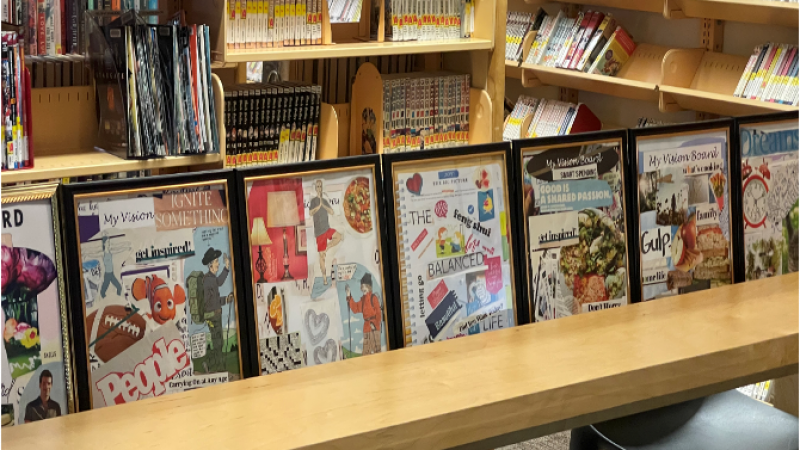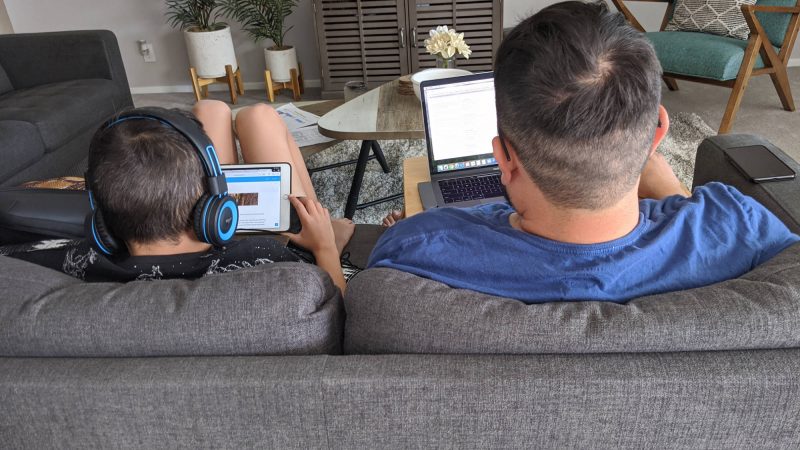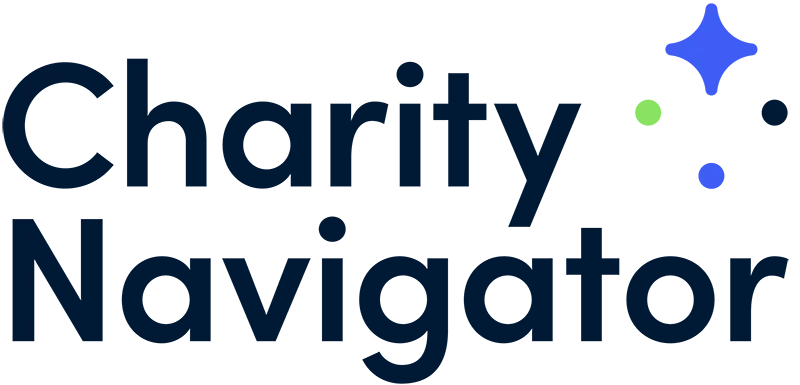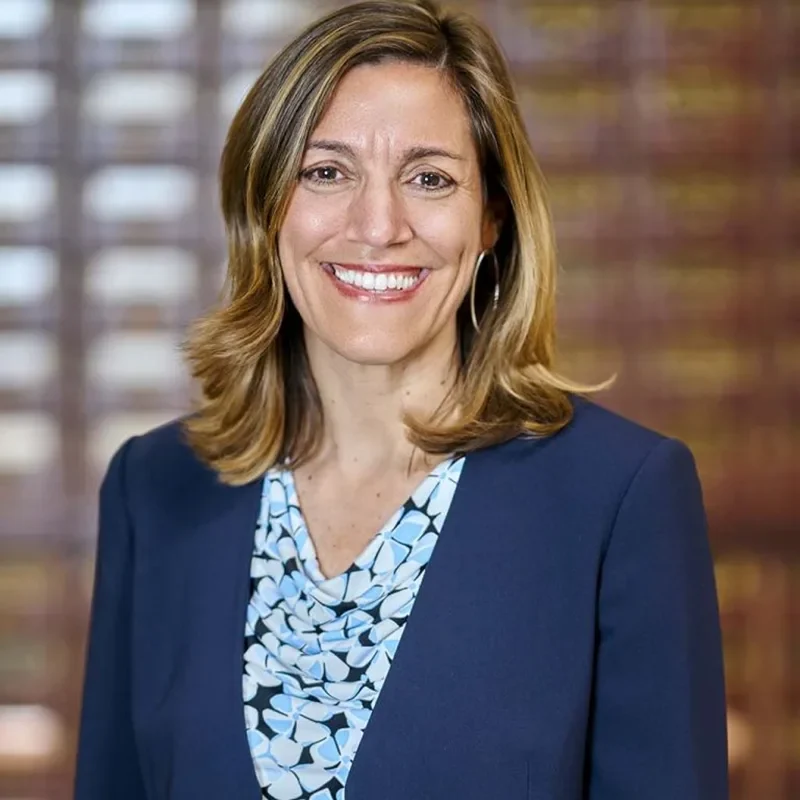Recently, internationally renowned author Ken Follett took a break from working on the third book of his Century Trilogy to make a special appearance at an event for The Council of the Library Foundation, supporting the Los Angeles Public Library. Before the event, Fifth & Flower caught up with Follett to discuss what lead him down the path of epic storytelling—from humble beginnings to selling over 130 million copies of his books worldwide.
 Ken Follett speaking to guests at the California Club. Photo by John Lucas.
Ken Follett speaking to guests at the California Club. Photo by John Lucas.
What was your first experience with writing and literature?
Follett: I learned to read very early when I was four-years-old. My parents were neither rich nor poor, but they could not afford to buy the number of books that I wanted to consume. I would get a book for my birthday and a book for Christmas and that was nowhere near enough. I was born in a city called Cardiff, which is the capital city of Wales, and less than half a mile from our house, there was a public library and I joined it when I was seven. From then on, for many years, I went to the library once a week and that’s where I got all my reading. Of course, everyone who eventually becomes a writer starts out as a voracious reader.
Who are some of the writers that you fell in love with at an early age?
Follett: There’s an English writer called Enid Blyton, who was hugely popular when I was a kid. I just loved her books. I read the Bobbsey Twins—that was an American series I really liked as a boy. I read a lot of classics, but I think I probably read them in special abridged editions for kids because this was when I was eight, nine, ten; I can’t have read The Tale of Two Cities in the full version, but I remember reading it. Uncle Tom’s Cabin I read when I was a kid. I liked anything with space rockets in it and anything with detectives in it. And I still do!
You do copious amounts of research for your books. Can you talk about that process?
Follett: Well, the first book I researched was also my first successful book, The Eye of the Needle. Because it’s set in World War II and I was born in 1949, after the war was over, I was obliged to find out what everyday life was like at the time and how it was different from what I knew. That turned out to be a very helpful process for me because the research gave the book a feel for the grain of everyday life, which I had not achieved before. I do have natural curiosity—that relish for details has found its way into my books and I think made them better.
Writing about spies, whose lives are presumably so different from your own, takes a lot of immersion in details. Where did you do that kind of research?
Follett: What I found important in spy stories was to locate the spy at a moment in a war or in a conflict when what he does can change the course of history—that makes the book so much larger in scope. That’s really why I started studying battles and the cause of wars, with the constant thought in my mind: How might this have been different? How might I persuade readers that this could’ve been different if a James Bond or a Henry Faber was there, acting and trying to change the course of events? And anyway, [spies are] making it up as they go along, so you might as well do the same.
You’re very politically active and aware, but why write your new trilogy, the Century Trilogy, now?
Follett: After World Without End, I wanted to do another book with the same sort of scope: a long historical novel covering many years with many characters and earth-shaking historical events. But I didn’t want to write another medieval story right away. And so I thought, what period of history could I write about that could be as exciting as the Middle Ages? I thought of the twentieth century; it’s the most dramatic century in the history of the human race, with the worst wars that we’ve ever had, terrible mass murder, the invention of the worst weapons that we’ve ever devised, and yet it’s also our story. I, and most of my readers, were born in the twentieth century and so it’s about where we come from.
You mention your readers. When you write, who do you imagine are your readers?
Follett: There isn’t a specific reader. I don’t think of, say, a man on a commuter train or a woman on an airplane or anything like that because I don’t think there is a profile of a Ken Follett reader. But I do think of the reader all the time and what I believe readers want out of literature. And I think: Am I providing that? Am I creating tension and characters that they like and satisfying resolutions to conflicts and so on?
What are you currently reading?
Follett: I just finished the new Tom Wolfe. I thoroughly enjoyed it and I raced through it… What I like about him is that he writes very well about society, very sarcastically, very critically, quite maliciously, but very well. At the moment, I’m reading two books at the same time. I’m reading a new book called Portrait of a Novel, which is a book about how Henry James wrote Portrait of a Lady. And, I’m reading Portrait of a Lady. I have them both on my Kindle and I’m trying to synchronize so that I read in the literary book about Henry James’ visit to Rome and then I read the chapter in Portrait of a Lady where the heroine of the story, Isabella, goes to Rome. Of course I’ve read Portrait of a Lady before more than once, but I’m especially enjoying it with this analysis going alongside.
